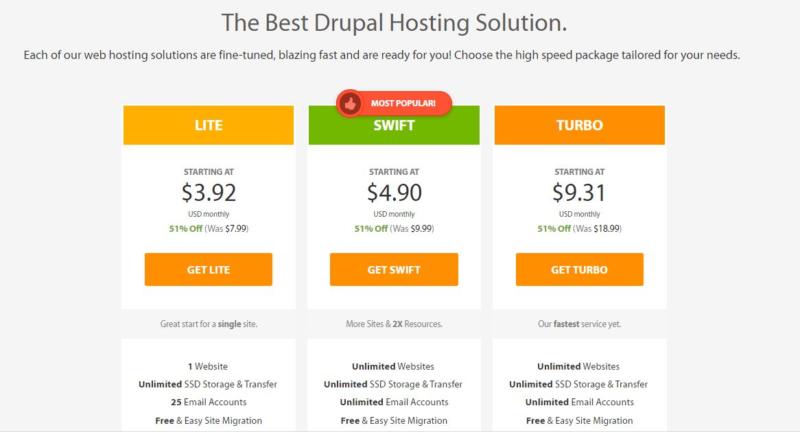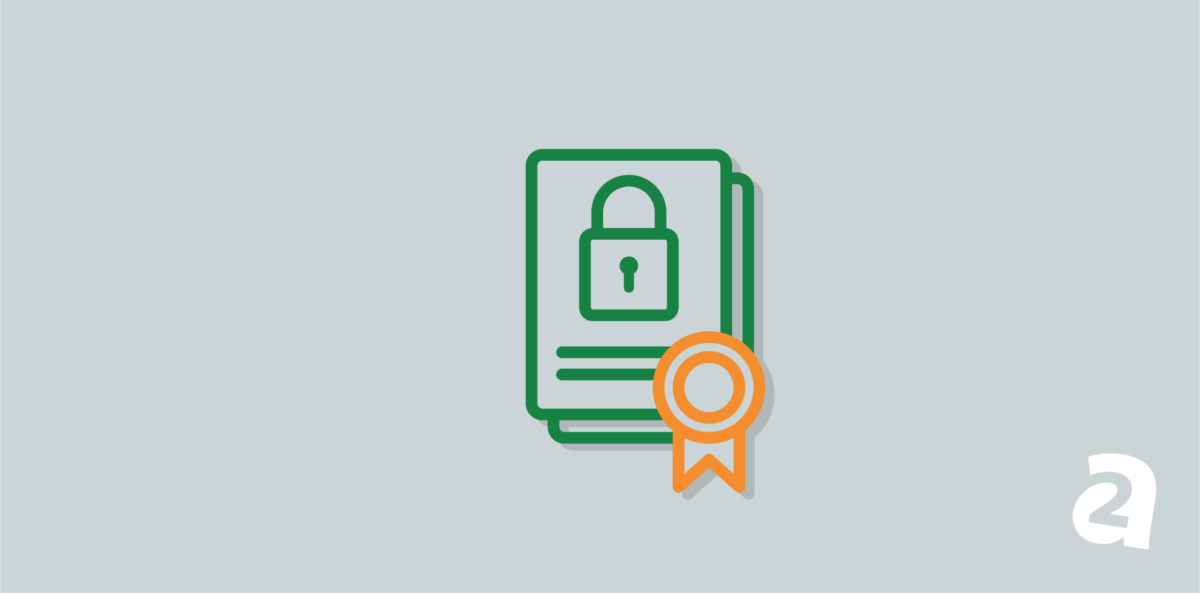- May 14, 2020
 0
0- by A2 CMS Team
Drupal is the world’s second most popular Content Management System (CMS). It can run blogs, corporate websites, eCommerce stores, and much more. This article takes a closer look at Drupal, who it is best for and how you can get the most out of it.
Drupal: Should You Use it?
Before going any further, let’s discuss which types of websites Drupal is especially good for. We know that it is a robust and reliable Content Management System, but there are a few specific cases wherein it is especially useful.
Drupal, in itself, has a lot to offer as a CMS and you probably can never go wrong if you select it as the CMS of choice. If you are building a business site, or planning a magazine or news portal with multiple authors, Drupal is a worthy fit. As a Content Management System, Drupal can scale depending on your needs. It can run gigantic websites as well as very small ones with relevant comfort.
However, Drupal’s unique selling point does not lie only in its scalability. Unlike most other CMSs, Drupal comes with SEO features as well as security settings out of the box. You likely will not even need a dedicated SEO addon, nor will you have to spend days hardening Drupal’s security. This means you can spend more time managing your website and less time configuring these settings.
Of course, this also implies that unlike other CMSs such as WordPress, Drupal has a steeper learning curve for new users. Fortunately, there is an active community and extensive documentation available for Drupal users. Need more help? A2 Hosting support staff are experts with Drupal!
Tips and Tweaks for Using Drupal
Now that we’ve covered the basics of the CMS, here are a few tips to help your Drupal installation work faster and better:
1. Choose the right web host
It might seem a little obvious to say, but your web hosting solution matters a lot. And it is not just about “the server should be fast” anymore.

2. Basic Optimization and Performance Tips
These measures apply not just to Drupal but to any software that you run. Firstly, always ensure that you are running the latest version of Drupal. With each new version, many performance enhancements, bug fixes as well as security patches are offered. Running an older version means you are missing out on crucial security and performance updates.
Secondly, make sure you rely on templates and addons only from trustworthy sources. Using Google to get “premium templates for free” or downloading via torrents is always a bad idea. Plus, if you do not need a particular addon or module, delete it or deactivate it. Having a large number of active modules can often slow down your website due to multiple memory calls and resources hogs.
3. Speed Improvements
You might come across this often repeated rumor that Drupal is slow by nature. This is more of hearsay and less of reality. By taking the correct measures to improve speed, Drupal can run very fast.
Caching, for example, is something you should definitely look into. Drupal offers two different types of caching, broadly speaking:- Page Caching and Views Caching.
Views Caching caches pages for logged in users as well. However, most of the time, you would not want this happening (a customized block, such as “My Recent Posts” meant to be unique for each user and frequently updated, can be cached by Views Caching). Page Caching is meant for general visitors to your website. It works by caching pages’ content into a database cache table, thereby preventing repeated database calls and queries. This in turn loads the page faster and consumes less server resources.
The best part is that Drupal does not really need a new plugin or addon for caching — head over to Configuration → Development and then tick the check box next to “Cache pages for anonymous users”.
4. Useful Modules
There are certain Drupal modules that can further improve the overall performance of your website.
If your website contains a lot of images, you might wish to compress or optimize them for faster load times. In that case, modules such as Image Optimize or ImageMagick can prove to be useful. Similarly, if you wish to implement “lazy loading” of images (such that an image is loaded only when the user scrolls to its location, as opposed to loading the entire page’s images in one go), Image Lazyloader can do the job for you.
Fast 404 is another useful Drupal module. It can scan and check your website for 404 errors and dead links and help you repair them.
Advanced CSS/JS Aggregation is something you should also consider looking into for improving the page load times of your site. This particular module aggregates the CSS and JavaScript on your web pages so that the code runs more efficiently and faster. This can yield faster page load times and better performance. You can also navigate to Configuration → Development → Performance and enable CSS and JavaScript aggregation therein, but the Advanced CSS/JS Aggregation module offers more in-depth and detailed features.
Drupal Optimization Tips Conclusion
So there you have it, some simple tips and modules to help you get more out Drupal and improve the overall performance of your website! Drupal is a robust, secure and reliable solution and with the right set of modules and tweaks, you can ensure that your website remains fast and free from issues.












